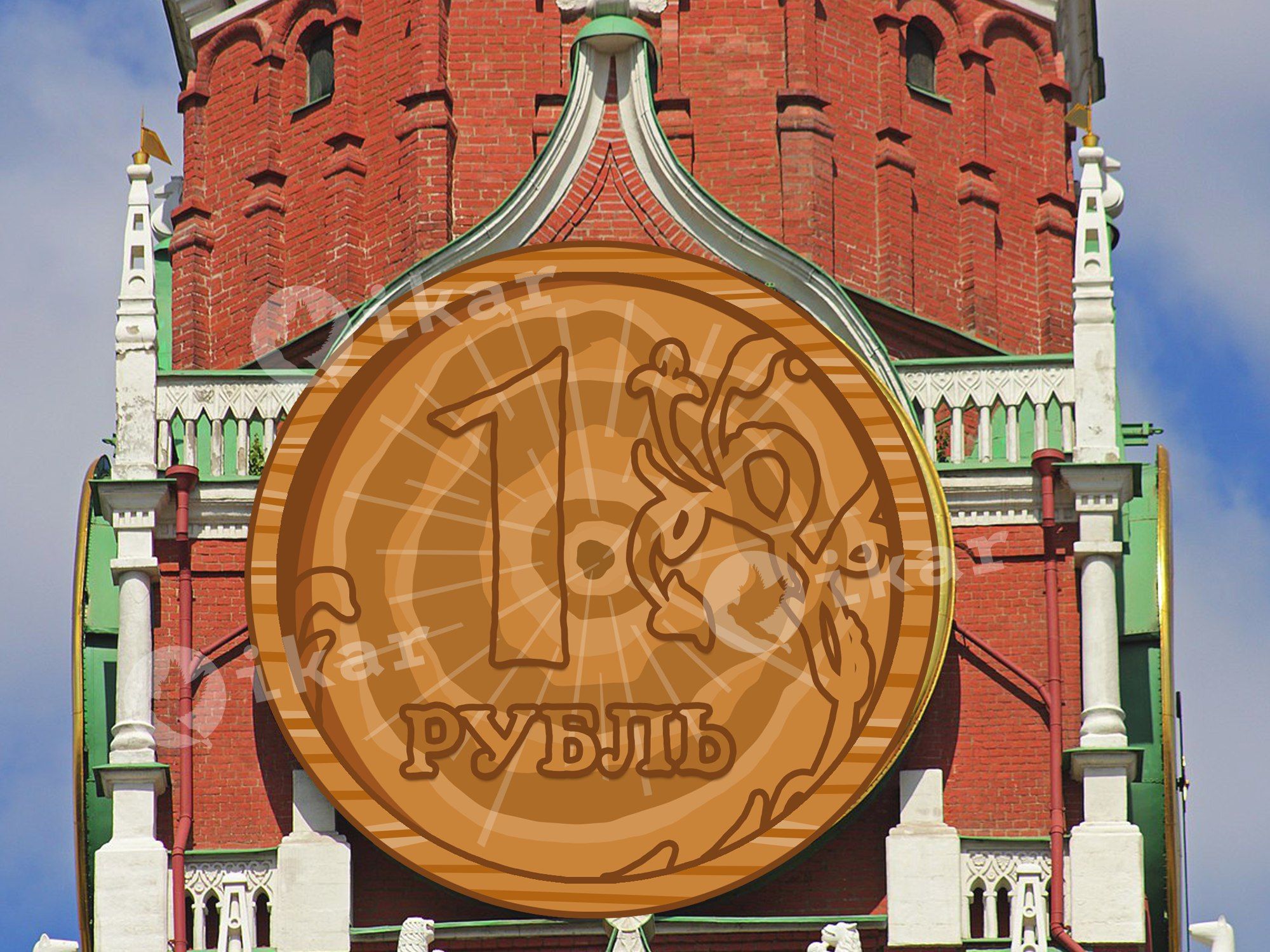
SOVEREIGN ECONOMY: TOP EVENTS OF THE WEEK
14/04/2023, 08:50
Brexit politics has provided London with strategic advantages on the European continent. The lack of dependence on Russian energy resources frees the hands of British policymakers in the security sphere. As early as May 2022, Britain officially provided security guarantees to Sweden and Finland and made efforts to have both countries accepted into NATO by 2023. Moreover, official London puts constant pressure on Brussels for providing military aid to Ukraine, supporting Ukrainian refugees, and strengthening sanctions against Russia.
Britain remains Ukraine's closest ally and disregards any threats from the Kremlin. In addition to nuclear blackmail, Putin’s administration does not hide its goal of provoking conflicts between London and other governments, including Beijing, Delhi, Pretoria, and others. Meanwhile, it is clear that instead of weakening Britain's international position, Russia has strengthened British influence in the world. This is primarily due to the solid geopolitical line of the UK and the USA, as well as the failure of Russian international propaganda about the "anti-colonial struggle against neo-imperialism." No less important for London is the failure of Russian military aggression against Ukraine.
The United States has imposed sanctions on businesses belongings of oligarch Alisher Usmanov. The list of sanctions includes Usmanov's companies from the USM holding: "Metalloinvest," "Megafon," "Ackermann Cement," Lebedinsky GOK, OEMK named after Ugarov. Physical persons - citizens of Switzerland, Hungary, Cyprus, Uzbekistan, and Russia, associated with Usmanov and his companies have also been put under restriction.
The Piltun-Astokhskoye and Lunskoye deposits of the Sakhalin shelf are being developed within the "Sakhalin-2." The government allowed NOVATEK to buy out Shell's stake (27.5%) in "Sakhalin-2." Some analysts attribute the decline in the ruble exchange rate in March-April precisely to the conversion of Shell's proceeds from the sale of its stake of 95 billion rubles (over $1 billion). The British company withdraws capital from Russia in dollars, and such a volume could affect quotes.
The Central Bank of the Russian Federation has reported that as of the end of 2022, the volume of foreign currency deposits by Russians abroad exceeded the amount held within the country. This happened against the backdrop of sanctions, the introduction of commissions for currency accounts, and the stimulation of devaluation. The regulator acknowledges that "a significant portion of the residents' currency assets has shifted abroad."



